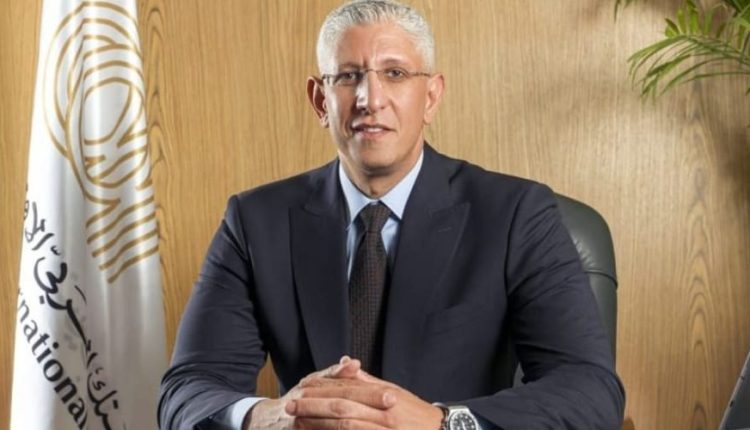Cairo 20 September 2025:
The Arab African International Bank (AAIB) announced that it has financed part of the investment cost as a first phase of the strategic project for MCV, the transportation manufacturer.
The financing covered the construction of the company’s new factory and production lines (machinery and equipment), with the facility inaugurated in the industrial zone of New Salhia City.
In a statement today, the bank said it had granted a long-term loan for seven years, amounting to EGP 770 million and €8 million. This comes under the strategic agreement between MCV and Volvo, aimed at assembling electric buses in Egypt and exporting them to the European market.
Tamer Wahid, Vice Chairman and Managing Director of AAIB, stated that the bank has always played a pivotal role in supporting local industry and encouraging investment, particularly in sectors that enhance value-added and expand the country’s export base.
He stressed that MCV stands as a model in localizing Egyptian industry through its partnerships with leading global companies, positioning the local product at the forefront of competition in European markets.
Wahid explained that the bank’s financing of the new production line was completed in record time, helping turn the idea into a tangible reality with the inauguration of the production line by Eng. Karim Ghabbour, CEO of MCV, in the presence of H.E. Eng. Kamel El Wazir, Minister of Industry and Transport, along with senior Volvo executives, the Ministers of Transport of Sweden and Poland, and the ambassadors of both countries.
He emphasized that AAIB reaffirms its commitment—established since the early 2000s—to supporting local industry and investment and attracting foreign investments, continuing its role as a strategic partner for major local and international companies that view the Egyptian market as promising and attractive for investment and sustainable development.
For his part, Eng. Karim Ghabbour expressed his appreciation to H.E. Eng. Kamel El Wazir, Minister of Industry and Transport, for his continued support of the national industrial sector.
He also thanked the partner banks, led by AAIB, for their vital role in making the project a success.
Ghabbour added that Volvo’s selection of Egypt as the hub for manufacturing its electric buses designated for export to Europe is a major achievement, reflecting global confidence in Egyptian industry and its quality, which matches—and even competes with—European standards.
He noted that Volvo decided to relocate its production from Poland to MCV’s factories in Egypt following a successful partnership of more than ten years.
He further explained that the new agreement provides for the manufacture of around 500 electric buses annually, to be marketed and fully paid for by Volvo in Sweden.
He confirmed that this strategic project will raise the company’s export ratio from 50% to 70% of total sales, enhancing Egypt’s position as a regional and global hub for electric bus manufacturing and supporting foreign currency inflows into the national economy.








